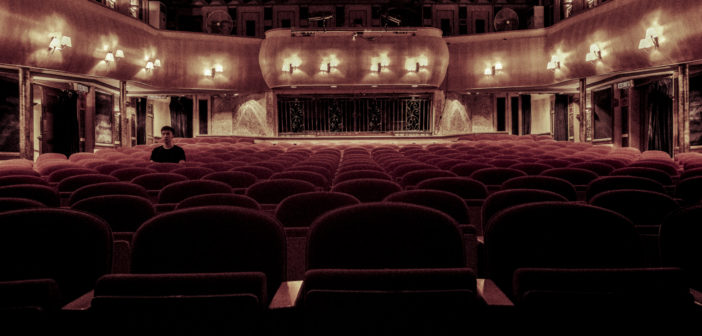For the first time in its 103-year history, the Actors’ Equity Association has chosen to endorse a political candidate for the president of the United States. This also includes hundreds of stage actors and managers belonging to the association lending their support for Democratic nominee Hillary Clinton.
The labor union, which has over the years taken steps to adopt policies that protect those individuals, aligned itself throughout the country. Nonetheless, it refrained from formally taking a stance politically—until now.
During its August meeting earlier this year, executive director Mary McColl and Councilor Francis Jue made cases for the endorsement of Clinton during this intense election race.
“This election is about so many of the values we believe in and policies that we put in practice. I think it is incumbent upon us to lead,” Jue said as reported on the Actors’ Equity’s official site.
Indeed, in an election characterized by stark partisan ideologies, the Republican and Democratic nominees have garnered passionate followings from citizens aligning themselves with each campaign.
The decision to insert itself into the political arena is a landmark decision on Equity’s part, with the internationally recognized arts association publicly involving itself with the political fate of the nation. This calls into question the placement of art in political society, and whether or not art can influence the actions of those it speaks to.
There is the long-held argument that the purpose of art is to influence its viewers—though in what direction or in what capacity is never clearly defined. The endorsement of Hillary Clinton sets a clear standard for where the actor’s union hopes to see the nation move toward.
Given the fact that the association is indeed a labor union for working actors, supporting policies—and the candidate that sanctions them—that specifically protect individuals who work in education, in the arts, among other factors makes sense in terms of employment stability.
Speaking on the significance of an arts association endorsing a political candidate, North Central theatre faculty member Laura Lodewyck noted the irrelevancy of the content of the performance art itself, calls for attention to keep the arts alive.
“[The relationship between the arts and civic duty] is not even about the content [of the art]…it’s about the existence of the art itself,” Lodewyck said.
Lodewyck elaborated on the idea that the union’s constancy, as well as the financial well-being of the actors and managers involved, truly became dependent on the direction the nation was going towards—which in itself is based on the elected candidate.
Nonetheless, art—no matter the form it takes—inevitably communicates a message, either consciously or unconsciously, yet looming in its significance either way.
Lodewyck commented on the idea that art does not entertain strictly for the sake of entertaining. Rather, it takes a stance, aware of the mass consumption by people all over the globe. It does not, however, articulate a specific agenda.
While the line between artistic and political worlds is not as definitively separate as one may think—rather, it is fluid and even symbiotic—artistic endeavors can nevertheless be seen as having a powerful impact on those who view them—regardless of the stance taken.
What is left is the decision of those in the wake of the Equity’s decision to act on the call to agency—proving or disproving the link between art and civic duty in contemporary society.

